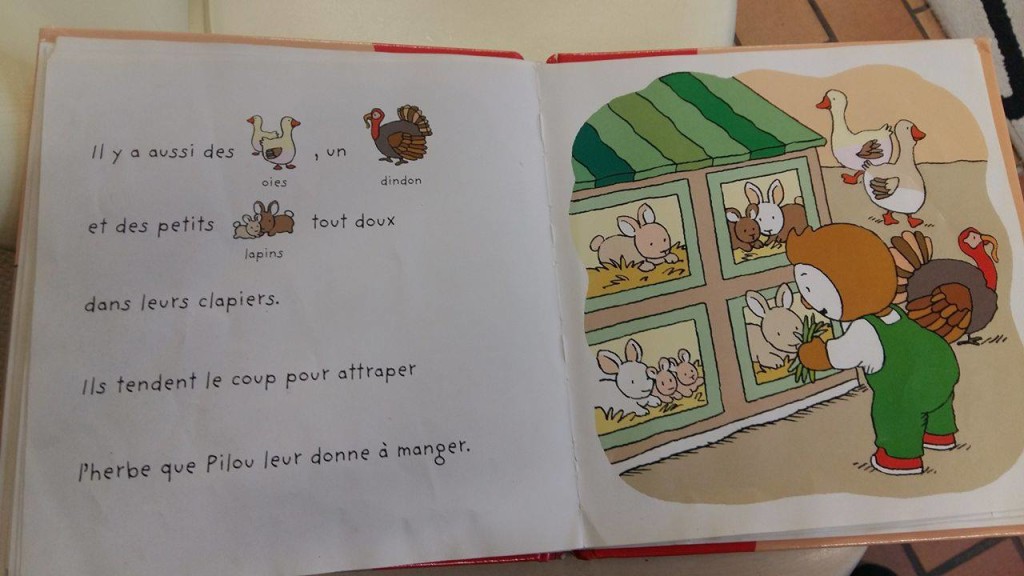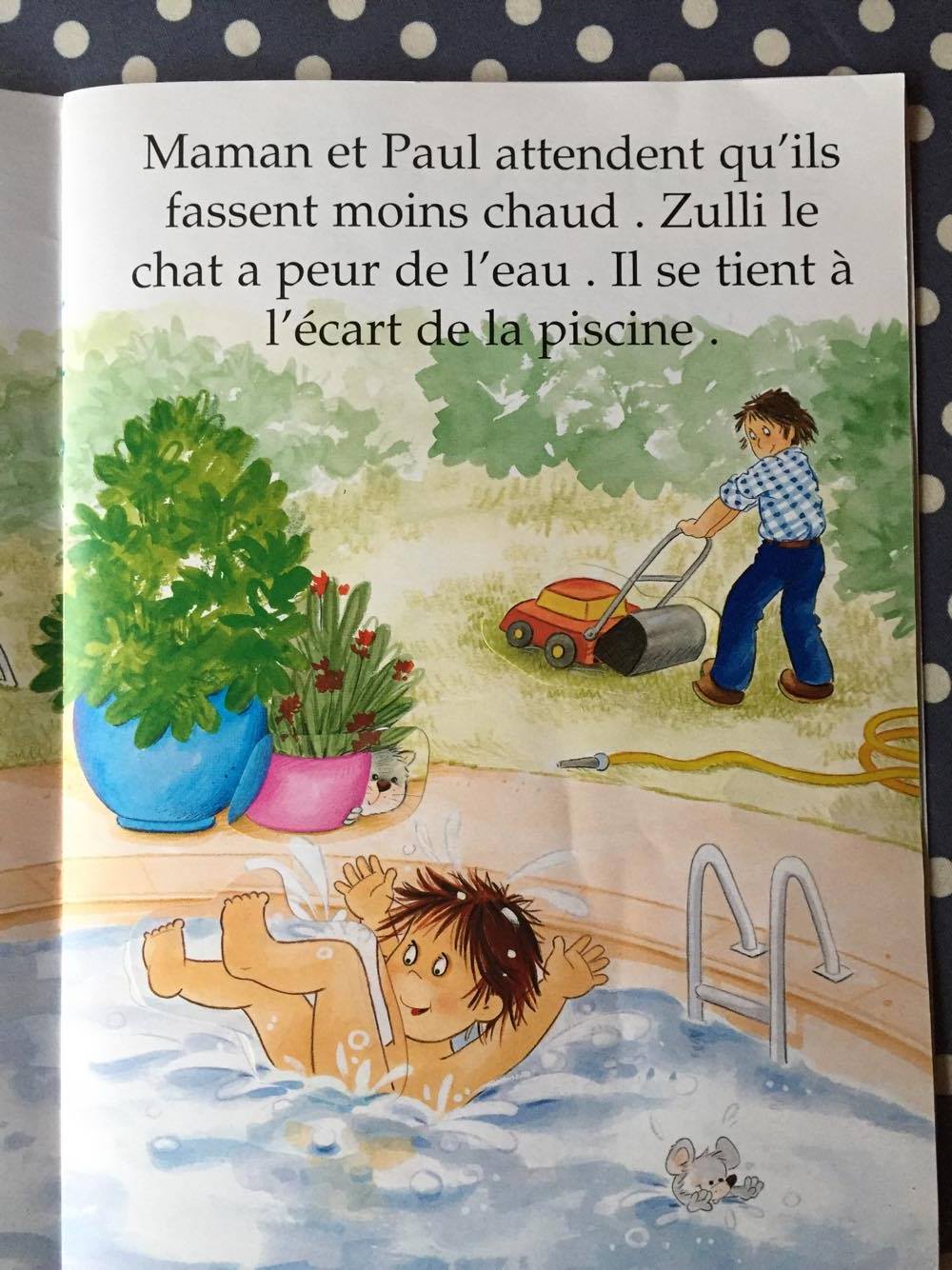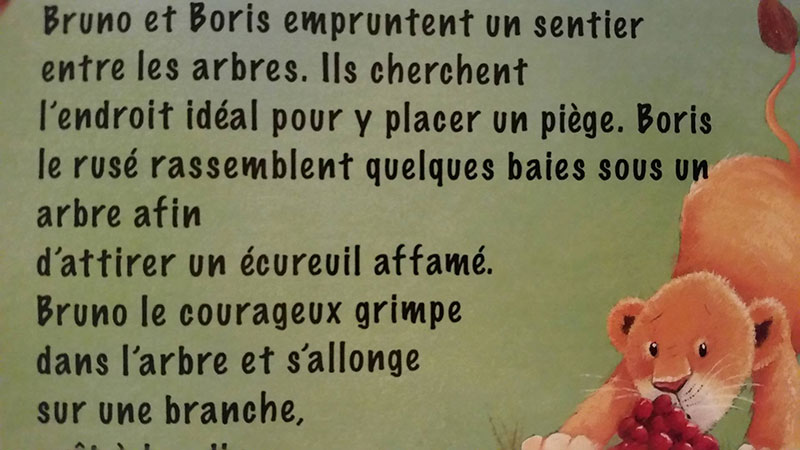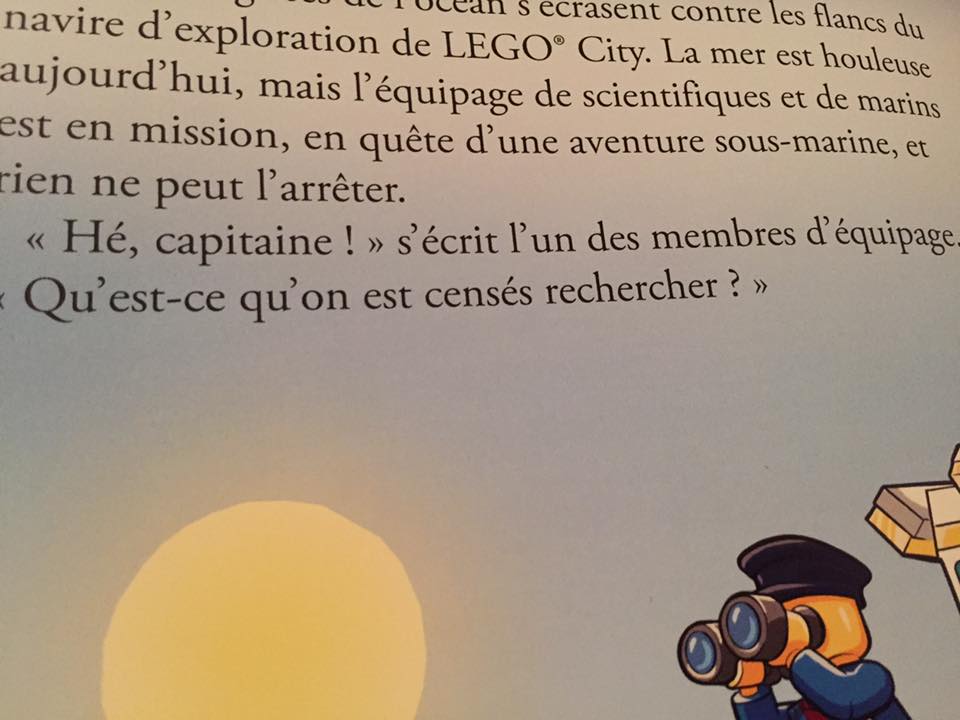While the blog is on its summer holidays, here are a selection of the best posts from the past couple of years. We’ll be back on the first Wednesday in September with another question on an A-level text: ‘Just how clever is Lou from No et Moi?’

posted by Catriona Seth
It is one of the best-loved tales in the world, translated into more than 270 languages, and with over 150 million copies sold. First published in 1943, Le Petit Prince has been turned into musicals, films and pop-up books, spawned T-shirts, mugs, dolls and pencil-cases… Its hero figures, with pictures of a plane, a map and the writer, on the last 50 franc note issued by France before it joined the euro.
The book’s author, Antoine de Saint-Exupery, was a pilot with the French Air Force (the ‘Armée de l’Air’) during his military service. He continued to fly on his return to civilian life, and worked for companies delivering mail from Toulouse to Dakar in Senegal and then within South America. He drew on his experience with the ‘Aéropostale’ in novels like Courrier Sud (1929—Southern Mail) and Vol de Nuit (1931—Night Flight)—and indeed in Le Petit Prince with its aviator-narrator who is alone in the desert. He was in the ‘Armée de l’Air’ at the start of the second world war—Pilote de Guerre (1942—Flight to Arras) is based on his memories of the period during which he earned the ‘Croix de Guerre’, a war service medal for his bravery in landing a damaged aircraft. He joined the resistance. After spending time in North America, he returned to France, via Algeria, Morocco and Sardinia, and became part of a unit charged with photographic missions to prepare detailed maps for the allied landings in the South of France (the ‘débarquement de Provence’). His unarmed plane, in which he was flying alone, went down just off Marseilles on July 31st 1944. Though the wreckage was located and brought up to the surface at the beginning of this century, no-one knows, even now, whether it was an accident or whether the aeroplane was shot down.

The question of who owns intellectual property (texts, tunes etc.) was raised seriously just before the French Revolution by Beaumarchais, who is most famous nowadays for two plays: his 1775 Barbier de Séville and his 1784 Mariage de Figaro, the basis for Rossini and Mozart’s operas. The Revolutionary government sought to protect the rights of creators. There were discussions over the decades about the duration of exclusive ownership and what happened after an author’s death. The law has changed over the centuries. The French distinguish two types of ‘droits d’auteur’ or authors’ rights. The ‘droit moral’ or ‘moral right’, for instance, for Saint-Exupery to be considered the author of his books, for all eternity; the ‘droit patrimonial’ of his descendants to receive revenue generated by his works for a set number of years according to legal dispositions.
In much of the world, currently, heirs to a dead author enjoy rights associated with his or her works for 50 years, after which the writings are considered to be in the public domain. In the European Union, the term is 70 years, as a result of legal harmonisation agreed upon in 1993 but only applied in France since 1997. As Saint-Exupery died in 1944, his works should have become freely available on January 1st 2015—though they were already considered to be in the public domain in countries like India or Morocco which are not as generous in their protection of literary property rights as European law. In the U.K. or Ireland for instance, Le Petit Prince, like Vol de Nuit or Courrier Sud, has indeed been out of copyright for over a year. The same does not hold true for France. Before the EU came to an agreement regarding the time during which works would be protected, France applied a duration of 50 years post mortem but also had a special clause for those who had lived through one or other of the world wars (or both): the war years were deemed to count twice, so for ‘Saint-Ex’ as he is affectionately known, you need to add 8 years and 120 days to the 50 years everyone was granted. In addition, as Saint-Exupery was engaged in active service, he is deemed (like Apollinaire in 1918) to have died for his country—‘mort pour la France’ is the official designation—which means a 30 year gratification is granted. Result: (50+8+30) years+120 days, added to 1944, means that, as there is no retroactive application of the 70 year rule, Saint-Exupery’s texts will only come into the ‘domaine public’ in France in… April 2033.

Here is a brief news film (some of which is in English) about a recent adaptation of Le Petit Prince carried out with ‘la bénédiction’ (the blessing) of the Saint-Exupery family. A short series of questions follows. You may need to listen to the French voiceover two or three times before you can answer them. Answers are given first in French, then in English.
De quelle nationalité est Mark Osborne ?
Où se diffuse et se diffusera le film d’animation tiré du Petit Prince ?
Pourquoi Osborne avait-il d’abord refusé de travailler sur Le Petit Prince ?
Pourquoi est-il difficile d’adapter une œuvre comme Le Petit Prince ?
Quand le DVD du Petit Prince sortira-t-il en France ?
Réponses
Mark Osborne est américain.
Le film est à l’affiche au Chili et en Colombie. Il sera bientôt diffusé au Mexique.
Osborne avait refusé de travailler sur Le Petit Prince car il pensait qu’il serait difficile de rester fidèle à l’histoire
Il est difficile d’adapter une œuvre comme Le Petit Prince car chacun s’en fait une interprétation personnelle.
Le DVD sortira en France le 2 décembre.
Answers
Mark Osborne is American.
The film is being projected in Chili and Colombia. It will soon be shown in Mexico.
Osborne initially refused to work on Le Petit Prince because he thought it would be hard to remain true to the story.
It is difficult to adapt a work like Le Petit Prince because everyone has their own personal interpretation.
The DVD will be available in France from December 2nd.
Quelques petites remarques. Un film est à l’affiche quand il est donné dans les cinémas (qu’on appelle parfois aussi les salles obscures) : les affiches devant les cinémas indiquent ce qui se joue à ce moment-là.
Le film sera diffusé à partir du 2 décembre prochain indique que le clip d’animation a probablement été réalisé peu avant le mois de décembre. Il y a donc un effet d’annonce.










